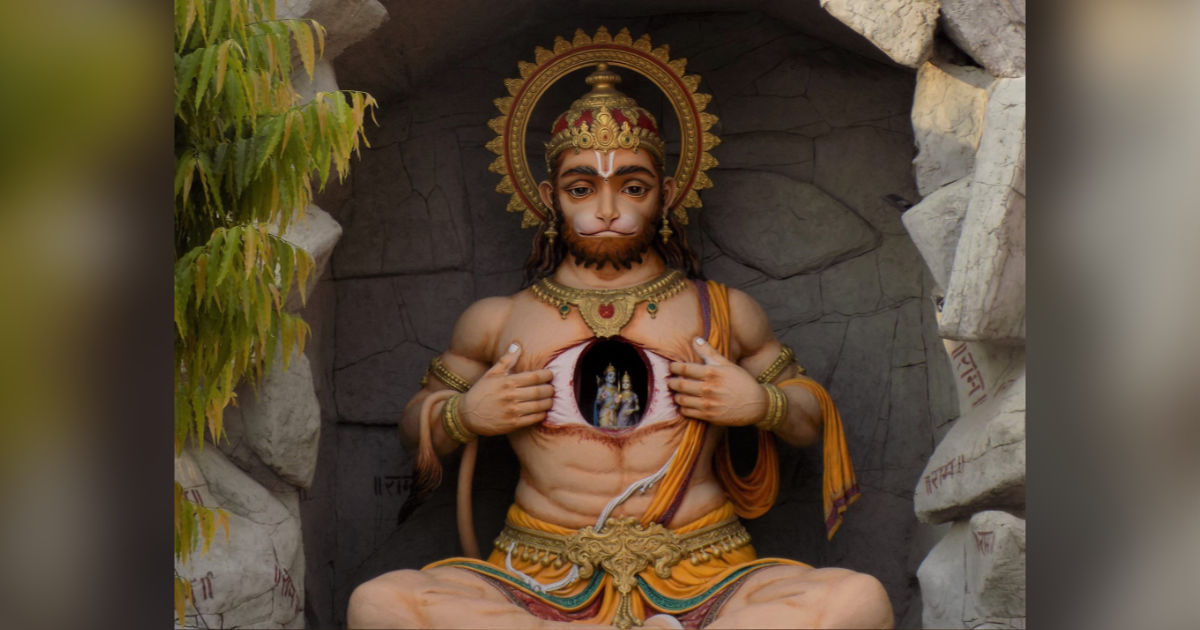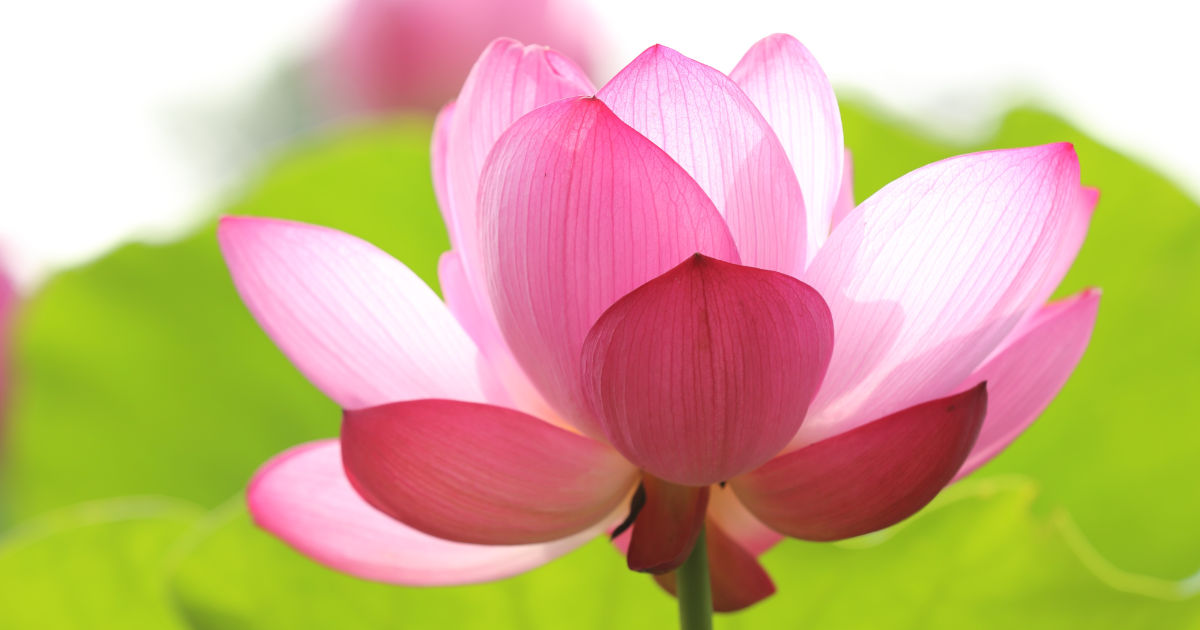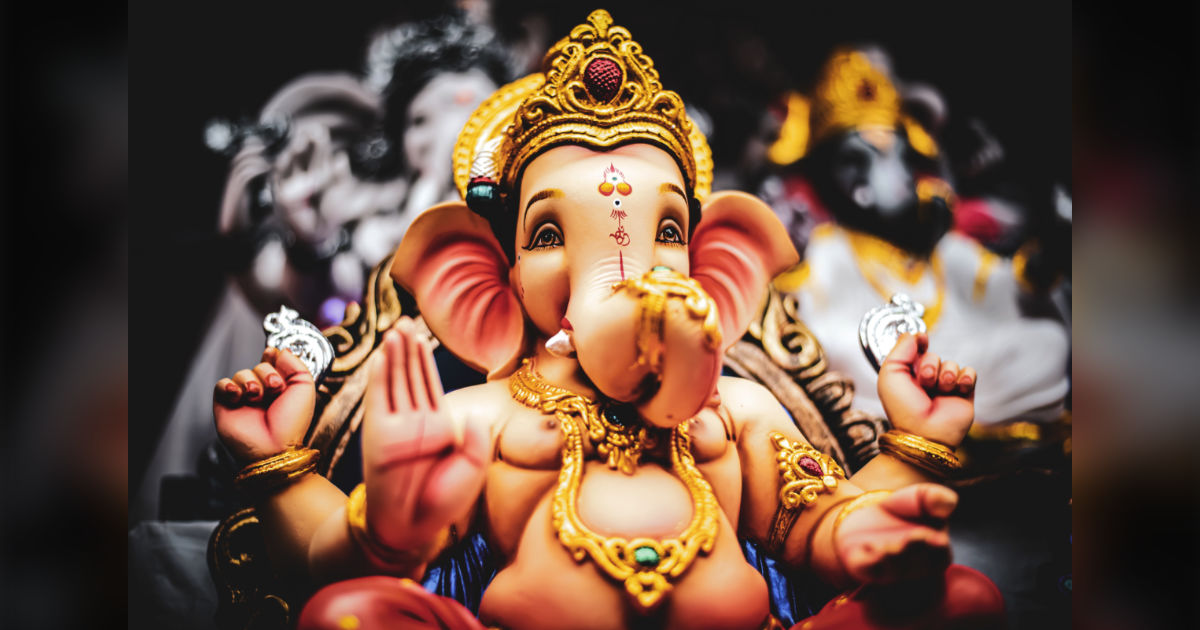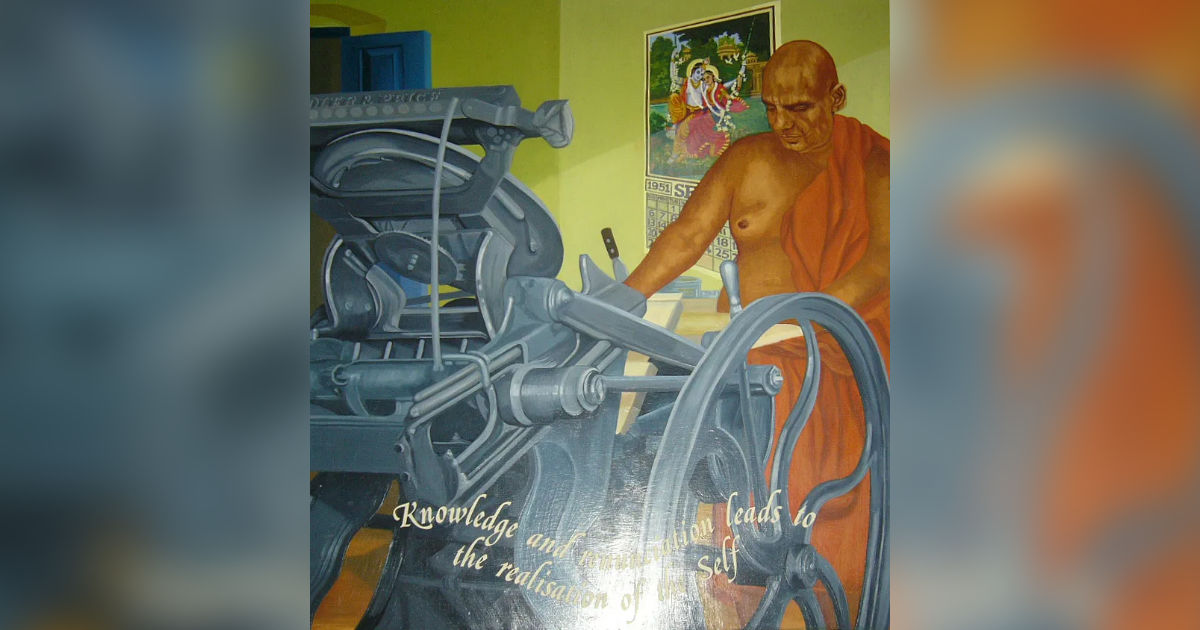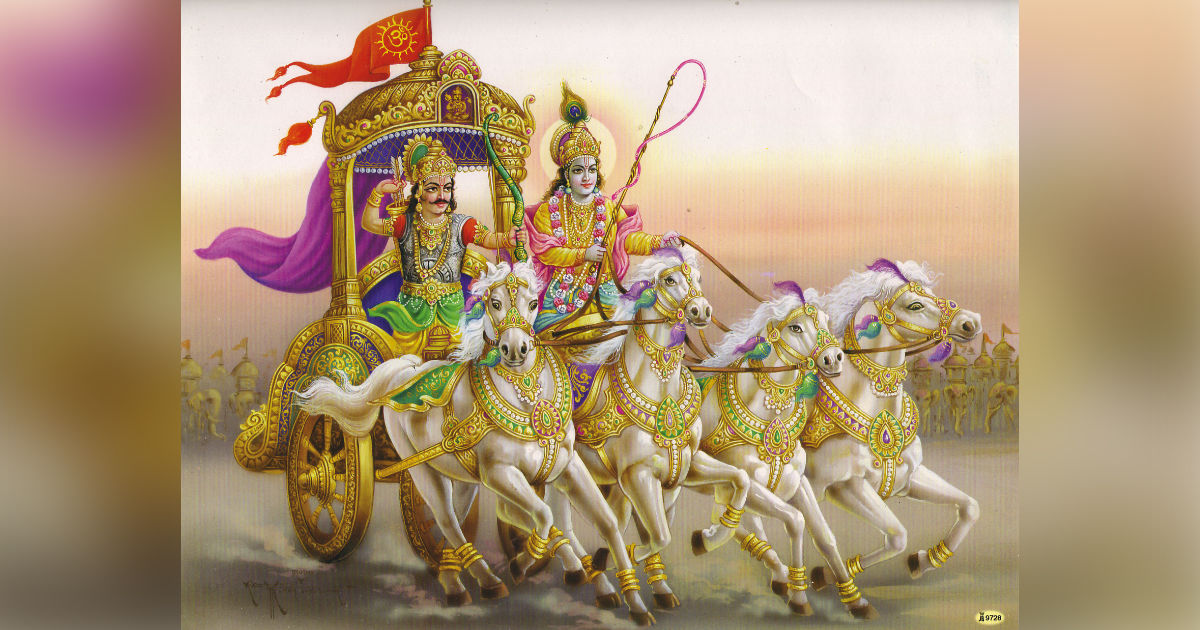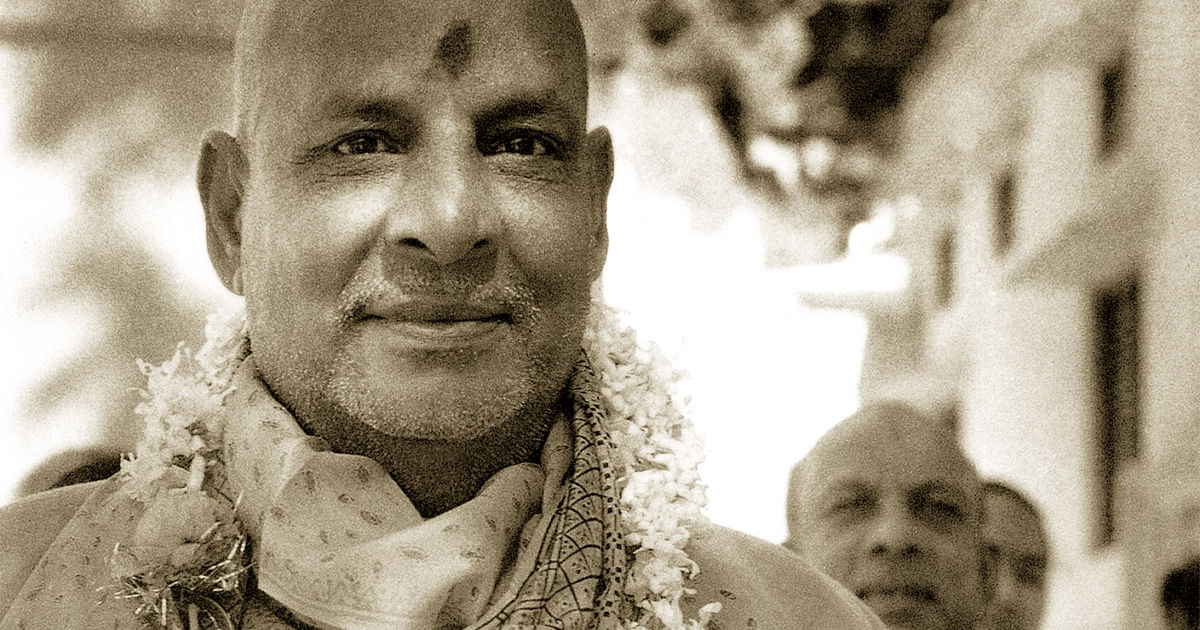All is thy will.
Thy will be done
Whether you raise me
To the height of spiritual glory
Or you throw me down
Into the abyss of hell,
I accept it.
Readily, happily, with pleasure
Because that is thy will
I am the chariot,
You are the charioteer.
I am the horse,
You are the master.
Keep me as you like.
Use me, misuse me or abuse me
I have nothing to defend.
Poem written by a great bhakta. Continue reading

